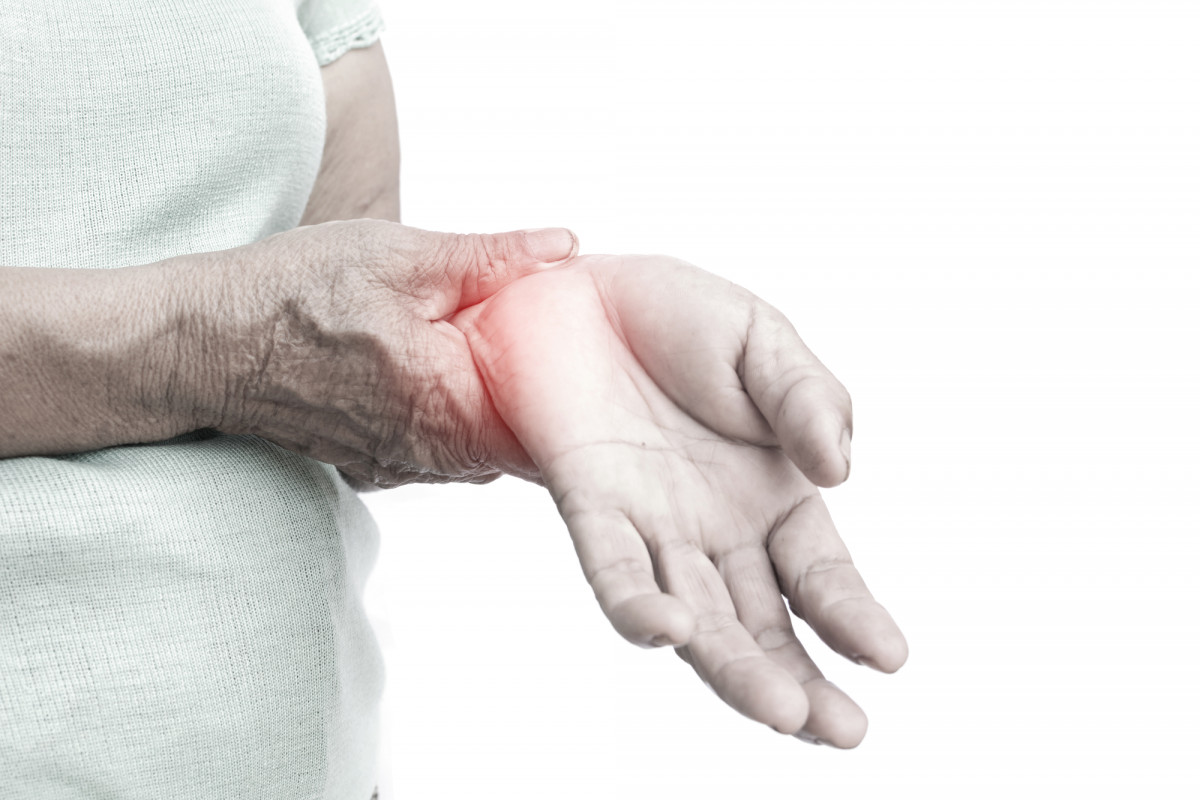
Pain, numbness, tingling or other sensory changes are often our body’s way of alerting us to the fact that something is happening to our neural (nerve) system. Nerves are like computer cable connections that run from our spinal cord to our hands and back again. They deliver the messages from the brain to the muscles and send back messages from receptors in our skin. If that connection is damaged through compression, inflammation or following an injury, the messages can get blurry, resulting in changes in sensation e.g. tingling, numbness or pain in the hand. It is important to track these changes in sensation and have them addressed before potential long term damage is done to the nerve.
We have three main nerves that serve the hand: the Median, Ulnar and Radial. The Median and Ulnar nerves are most commonly irritated because of the way that they run down the arm and the anatomical structures that surround them. The most prevalent nerve irritation in the arm is that of the Median nerve at the wrist, commonly known as Carpal Tunnel Syndrome and can be the cause of many sleepless nights for a large number of the population. The Median nerve shares a tight space (the Carpal Tunnel) with a number of our tendons and vessels that pass into our hand, a small amount of inflammation to any of these can create a significant amount of pressure in this area, causing numbness, tingling or pain, usually in the thumb, index and middle fingers. In the early stages a quick shake of the hand might be enough for temporary relief, but if symptoms persist, they should be dealt with. Fortunately, a combination of splinting, appropriate exercises and education regarding this condition is most often successful. If these measures aren’t successful then sometimes cortisone injection or surgery is necessary.
Likewise, the Ulnar nerve can be compressed around the elbow and usually the symptoms are felt more in the other half of the hand i.e. the ring and little fingers. However, in both cases the distribution of symptoms may vary, and with there being other causes of similar symptoms, we suggest that you seek assistance to find out where in the arm, shoulder or neck the nerve irritation may be occurring.
As experienced hand therapists and physiotherapists we can assess which nerve is causing the discomfort and at what level of the arm, or indeed if you have another problem. In collaboration with you we can discuss ways to modify movements and postures, provide exercises to relieve the pressure on the affected nerve and determine whether splinting may help you.
If you are waking up with pain sensations, pins and needles and numbness in any part of your hand, or notice it during particular activities we recommend you contact us or your preferred health professional seeking assessment and further advice.








